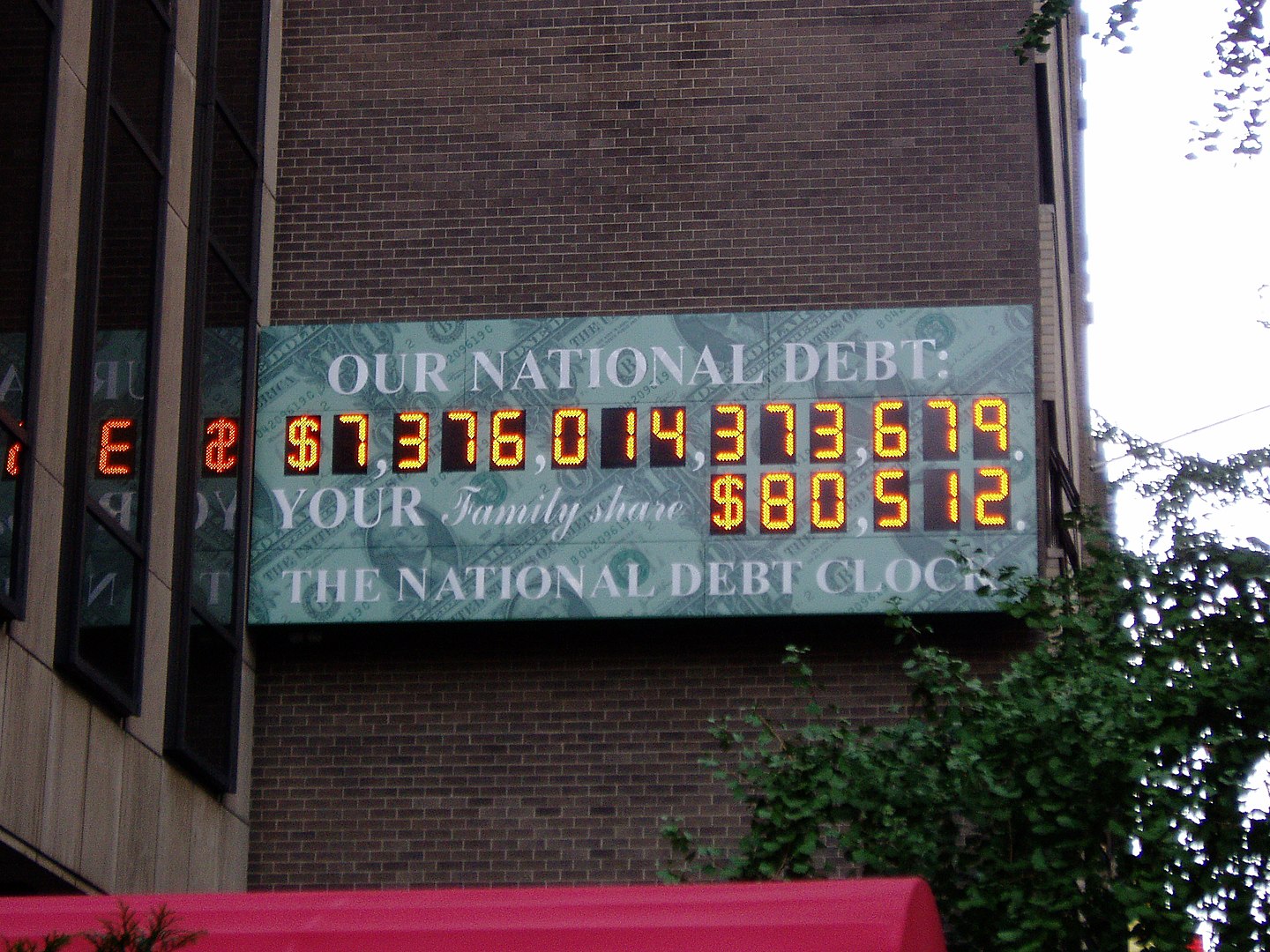(MoneyHippo.com) – You’ve likely seen it in the news: Everyone’s talking about raising the U.S. debt ceiling. A U.S. government debt default, which could occur if the government’s debt ceiling were not raised and the government ran out of money to pay its bills, would likely have severe and wide-ranging impacts on the American economy and its citizens. The specifics would depend on how long the default lasted and how the government and financial markets responded, but here are some potential impacts:
Interest Rates and Inflation
A default would likely lead to higher interest rates, both for the government and across the economy. Investors would demand higher yields on U.S. Treasuries, and those higher rates could feed into higher costs for all kinds of borrowing, including mortgages, car loans, student loans, and business loans. This could slow economic growth and lead to inflation.
Creditworthiness
A default could also hurt the United States’ creditworthiness, making it harder and more expensive for the government to borrow money in the future. This could lead to a vicious cycle, where the increased cost of borrowing exacerbates the budget deficit, leading to more borrowing and higher interest costs.
Government Services
A default might force the government to halt or reduce services, including everything from Social Security and Medicare payments to military salaries and contract payments. This could have direct and immediate effects on individuals and businesses that rely on those payments.
Financial Markets
A default could cause turmoil in financial markets, reducing the value of investments and potentially leading to a recession. Given the size and importance of the U.S. government debt market, a default could have global implications as well.
Recession and Unemployment
The combined effects of these factors could very well lead to a recession. Higher borrowing costs and reduced government spending could lead to job losses and reduced economic activity. At the same time, uncertainty about the government’s ability to manage its finances could undermine consumer and business confidence, further reducing spending and investment.
Wealth and Retirement Savings
As a result of a recession and financial turmoil, ordinary citizens could see their wealth and retirement savings decline. Stock markets may fall, and with higher interest rates, the value of bonds could also drop. This could have particularly severe impacts on retirees and those near retirement.
It’s worth noting that the above scenarios are generally considered worst-case scenarios, and government officials, policymakers, and economists generally agree that a U.S. debt default should be avoided if at all possible. While debates about the debt ceiling have become more frequent and contentious in recent years, there is a broad consensus that defaulting on the national debt would have serious and damaging consequences.
Copyright 2023, MoneyHippo.com

